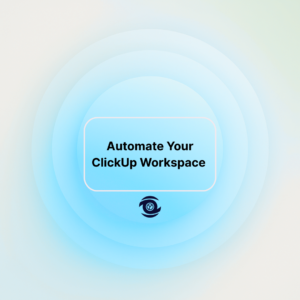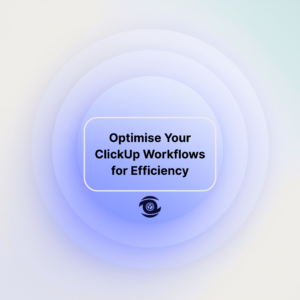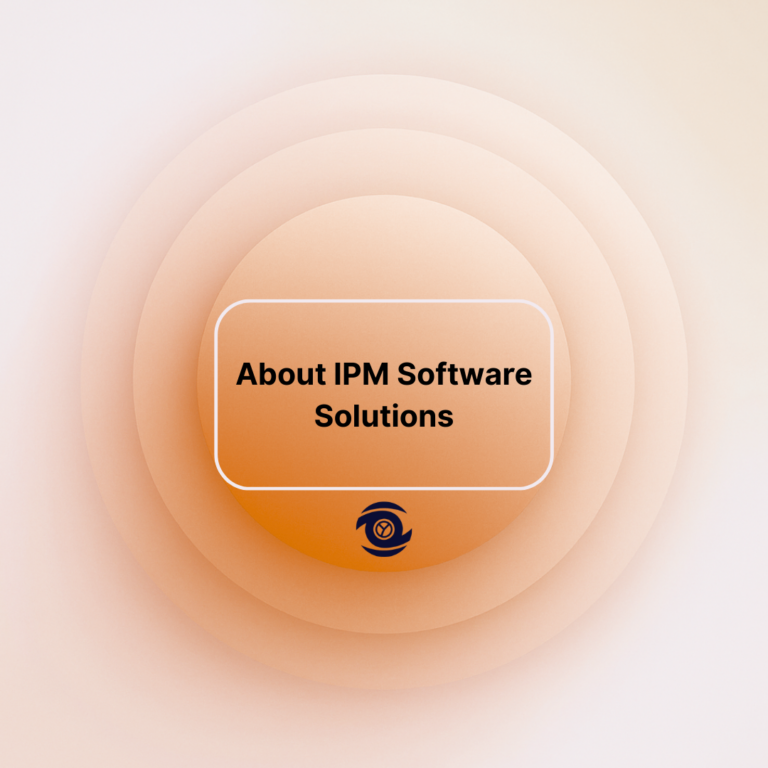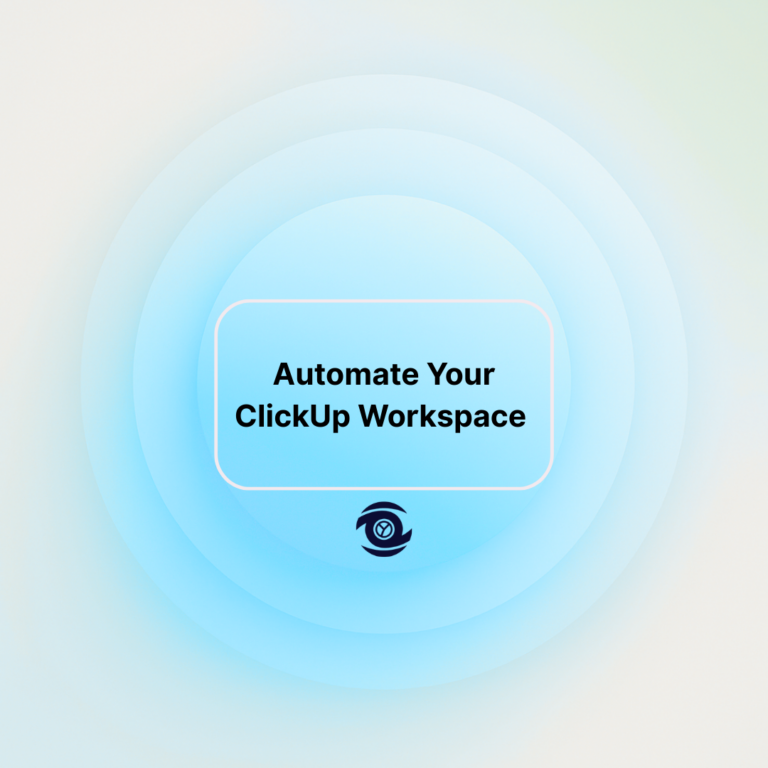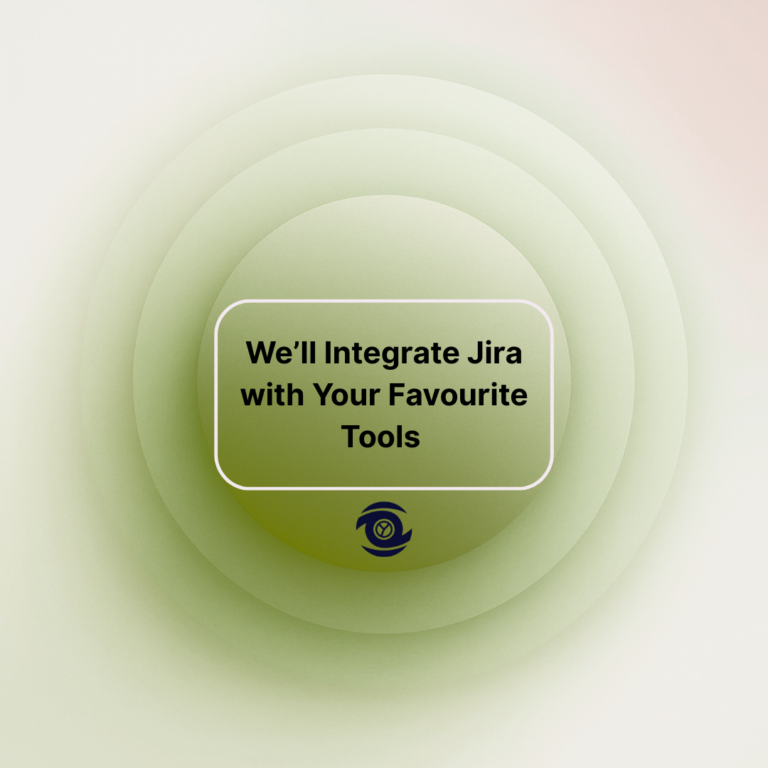In this blog post, we will explore the world of construction scheduling software and its vital role in modern project management. We will delve into what construction scheduling software is, the features that distinguish top solutions, and a curated list of the top software for 2025. Furthermore, we’ll discuss the advantages of using these tools in construction projects and address frequently asked questions about them. Finally, additional reading materials will be recommended for those eager to expand their knowledge on this topic.
Understanding Construction Scheduling Software
Construction scheduling software is a critical tool for project managers and teams, designed to streamline the complex process of managing construction projects. This software aids in planning, executing, and monitoring projects, keeping everything on track and within budget. By integrating various processes involved in construction, these tools provide a centralised platform for effective project management.

Utilising advanced algorithms and user-friendly interfaces, this software allows teams to create detailed timelines and manage resources effectively. These tools offer real-time insights , enabling rapid decision-making and enhancing overall project efficiency. With the ability to handle multiple tasks and outputs simultaneously, construction scheduling software is an indispensable asset for all project stakeholders.
Key Features of Top Construction Scheduling Software
The best construction scheduling software comes with several key features that enhance project management capabilities. Gantt charts are a common component, providing visual timelines for project tasks. This allows for the easy management and adjustment of schedules by offering a clear view of task dependencies and progress.
Additional features often include resource allocation , which ensures that personnel and materials are efficiently utilised across the project. Collaboration tools are also integral, allowing team members to communicate seamlessly and manage tasks effectively. These features, coupled with report generation for performance analysis, differentiate top-tier software from the rest.
Top Construction Scheduling Software for 2025
1. ProjectManager
ProjectManager offers a robust suite of tools that leverage Gantt charts for efficient project planning. The dynamic charts allow teams to map out timelines, track task progress, and identify any potential delays in real-time. This enables construction managers to take corrective action promptly.
Notably, ProjectManager also excels in resource allocation . By providing comprehensive insights into resource availability and consumption, it helps prevent over-allocation of labor and resources. Additionally, it simplifies payroll processes, allowing managers to easily track hours and manage labor costs. With its all-in-one platform , ProjectManager stands as a leading online software for construction project management.
2. Procore
Procore is well-regarded for its user-friendly interface and powerful suite of tools designed for large-scale construction projects. Its comprehensive modules cover project management, financials, and document management, making it an all-encompassing solution for construction firms.

Procore stands out for its superior collaboration capabilities, allowing project teams to communicate efficiently across various departments. By centralising construction documentation and streamlining workflows, Procore ensures that projects are completed on time and within budget. It is the ideal tool for managing complex, large-scale construction projects.
3. BuilderTrend
BuilderTrend is a cloud-based construction management solution designed for independent home builders in the residential sector. It provides a range of features including project scheduling, budgeting, and customer management, catering specifically to the needs of home builders.
By focusing on simplicity and ease of use, BuilderTrend allows builders to streamline their operations and improve client communication. Its centralised platform supports effective management of client selections and change orders, making it the top choice for independent home builders.
4. CoConstruct
Specifically tailored for residential builders, CoConstruct offers a powerful suite of tools to manage construction projects from inception to completion. It simplifies schedule management, budgeting, and communication, ensuring projects are delivered on time and meet client expectations.
CoConstruct enables builders to easily coordinate with clients and subcontractors, providing a seamless experience through its robust client and team portals . This premier software supports the efficient handling of residential building projects, enhancing project delivery and client satisfaction.
5. Workyard
Workyard offers a specialised solution for managing construction workforce schedules. Its strengths lie in its ability to track and manage labor costs accurately, ensuring that both time and budget constraints are adhered to meticulously.
With Workyard, construction managers can efficiently assign shifts, track time, and monitor job site productivity. This optimal software for workforce management enables companies to maximise efficiency, making it a reliable choice for managing construction teams.
6. Contractor Foreman
Contractor Foreman is a comprehensive project management tool that specialises in employee scheduling for construction projects. It offers more than 35 features, including time tracking, reporting, and document management, all available through its mobile-friendly platform.
Known for its affordability and ease of use, Contractor Foreman allows small to medium-sised construction firms to manage projects efficiently. Its superior employee scheduling capabilities ensure projects proceed smoothly, minimising unnecessary delays.
7. e-Builder
Focused on capital improvement projects, e-Builder combines project management functionalities with performance management capabilities. This web-based construction program is designed to minimise risk, improve visibility, and control construction costs effectively.

e-Builder’s strength lies in its structured approach to managing the intricacies of capital improvement projects, providing comprehensive scheduling and resource management tools. It is the best solution for ensuring that these complex projects are delivered as planned.
8. Smartsheet
Smartsheet is a dynamic work and project management tool known for its customisable templates and user-friendly interface. It allows teams to effectively manage task lists, collaborate on documents, and visualise project progress through its range of templates and views.
The versatility of Smartsheet makes it ideal for construction scheduling, providing extensive templates that facilitate effective planning and management. Its ability to adapt to various project requirements sets it apart as the go-to choice for customisable construction scheduling solutions.
9. Jobber
Jobber is a user-friendly software solution tailored for independent contractors. It offers features like scheduling, invoicing, and client management, enabling small business owners to operate efficiently and professionally.
Jobber’s scheduling software simplifies field service management by automating routine tasks and optimising job routes. As the perfect scheduling tool for independent contractors, it enhances customer satisfaction and operational efficiency.
10. B2W Software
B2W Software specialises in heavy construction project management, focusing on resource allocation and fleet management. Its intuitive interface supports the seamless scheduling of equipment and labor, which are crucial in large-scale construction operations.

This software’s standout feature is its ability to integrate cost management and operational efficiency, making it the best for managing resources in construction projects. Its versatility and depth of functionality ensure that complex construction undertakings are managed proficiently.
Definition of Contractor Scheduling Software
Contractor scheduling software is designed to help construction managers and contractors organise and manage project timelines, tasks, and resources efficiently. These solutions streamline schedule management and communication, providing a centralised platform for tracking project progress.
By focusing on the needs of contractors, this type of software enhances workflow coordination and ensures projects are kept on track, leading to improved productivity and timely project completion.
Definition of Commercial Construction Scheduling Software
Commercial construction scheduling software refers to tools specifically tailored for managing schedules and resources for commercial construction projects. These often include features granting insight into complex project timelines and fostering collaboration among large teams.
By providing robust scheduling capabilities and real-time reporting, this software supports project managers in overcoming the challenges of large-scale commercial construction activities, ensuring projects stay within time and budget constraints.
Definition of Residential Construction Scheduling Software
Residential construction scheduling software is a category that focuses on managing homebuilding projects. Its features cater to small to medium-sized residential construction projects, emphasising client coordination, scheduling, and budgeting.
Residential builders benefit from these solutions through their user-friendly interfaces and features allowing for efficient management of client relationships and project timelines, which drives customer satisfaction and successful project delivery.
Advantages of Construction Scheduling Software
Enhances Project Schedule Management
One of the primary benefits of construction scheduling software is its ability to enhance project schedule management . These tools allow for the creation of precise and adaptable schedules that ensure all project activities are performed on time. With clear visibility over task timelines, managers can mitigate potential delays and ensure smooth project execution.
Furthermore, the use of such software enables the alignment of project goals with available resources, ensuring that projects can be completed within the predefined budget and timeline. The ability to make data-driven adjustments as needed maximises project efficiency and effectiveness.
Improves Time Tracking and Labor Cost Accuracy
Another compelling advantage of construction scheduling software is its capacity to improve time tracking and labor cost accuracy . By automating time entry and payroll processes, these tools provide real-time data on labor hours, which translates to precise calculations of labor costs.
This accuracy in labor cost management reduces the risk of budget overruns and allows project managers to forecast future costs effectively. The ability to analyse historical data enhances strategic planning for upcoming projects, improving long-term financial performance.
Facilitates Activity Tracking and Online Collaboration
Construction scheduling software also facilitates effective activity tracking and online collaboration , allowing team members to communicate and work together seamlessly. The incorporation of collaborative tools ensures that all stakeholders are kept in the loop, enhancing project transparency and accountability.
Through centralised platforms, teams can coordinate activities, track project progress, and resolve issues in real-time. This capacity for robust collaboration ensures projects are delivered on time and meet quality standards, contributing to increased client satisfaction.
| Software | Specialty | Key Benefit |
| ProjectManager | Construction Project Management | Leading online software with Gantt charts |
| Procore | Large-Scale Projects | Ideal for document management and collaboration |
| BuilderTrend | Independent Home Builders | Top choice for the residential sector |
| CoConstruct | Residential Building | Premier software for residential projects |
| Workyard | Workforce Management | Optimal for managing construction teams |
| Contractor Foreman | Employee Scheduling | Superior for construction payroll processes |
| e-Builder | Capital Improvement Projects | Best solution for structured project control |
| Smartsheet | Custom Templates | Ideal for flexible scheduling solutions |
Frequently Asked Questions
What Is the Leading Construction Scheduling Software?
The leading construction scheduling software varies depending on the specific needs of a project or organisation. However, among the top contenders for 2025 are ProjectManager for its comprehensive toolset and Procore for large-scale projects. Both offer extensive functionalities that enhance project management efficiency and effectiveness.
These platforms are chosen for their robust scheduling paradigms and their ability to integrate seamlessly with other project management processes, proving indispensable in both small and large construction endeavors.
Are There Any Free Options for Construction Scheduling Software?
Yes, there are free options available, though they may come with limited features compared to their paid counterparts. Trello and Asana offer free versions that may be suitable for smaller-scale projects or teams looking to trial their basic functionalities.
These tools can be used initially to understand the basic functions and features of construction scheduling software without incurring upfront costs. However, for more advanced features and scalability, transitioning to paid versions or comprehensive solutions is recommended.
What Types of Construction Scheduling Software Exist?
Various types of construction scheduling software cater to specific project requirements, including general construction project management, specialty subcontractor scheduling, and comprehensive solutions like AutoDesk Construction Cloud . These types differ in terms of features offered, intended users, and the scale of projects they best serve.
The software is categorised based on its specialisation, such as document management-focused, resource allocation-centric, and all-in-one platforms. Selecting the appropriate type depends on the size of the project and the specific project management needs.
What is the best construction project scheduling software?
The best construction project scheduling software depends on your specific needs and budget, but some popular options include Microsoft Project, Primavera P6, and Procore. Microsoft Project is user-friendly and integrates well with other Microsoft products. Primavera P6 is powerful and is widely used for large-scale projects. Procore offers comprehensive tools for scheduling, as well as project management and collaboration features. It’s a good idea to evaluate these based on your project size, budget, and specific requirements.
What is the best project scheduling software?
The best project scheduling software depends on your specific needs and preferences, but some popular options include Microsoft Project, Asana, Trello, and Monday.com. Each has its strengths: Microsoft Project is robust for detailed scheduling, Asana and Trello are user-friendly for team collaboration, and Monday.com offers flexibility and customisation.
What is the best software for scheduling?
The best software for scheduling largely depends on your specific needs, but popular options include Google Calendar for its integration with other Google services, Microsoft Outlook for business environments, and Calendly for easy appointment scheduling. Each has its own strengths, so it’s good to choose based on what features are most important to you.
What is the best schedule for construction?
The best schedule for construction typically includes these key aspects:
- Planning Phase: – Clearly define project goals and objectives. – Conduct site assessments and feasibility studies. – Secure necessary permits and approvals.
- Design Phase: – Develop detailed architectural and engineering plans. – Review with stakeholders for feedback and approval.
- Pre-Construction: – Finalise project budget and timeline. – Select and hire contractors and subcontractors. – Order materials and plan logistics.
- Construction Phase: – Begin with site preparation and foundational work. – Follow project timeline for structural, mechanical, and electrical work. – Conduct regular inspections and quality checks.
- Post-Construction: – Complete final inspections and secure occupancy permits.
- Finalise punch list items (minor corrections and tweaks). – Handover the completed project to the client.
Considerations include time of year (weather), resource availability, and minimising disruption. Flexibility and communication are key to managing unexpected delays effectively.

